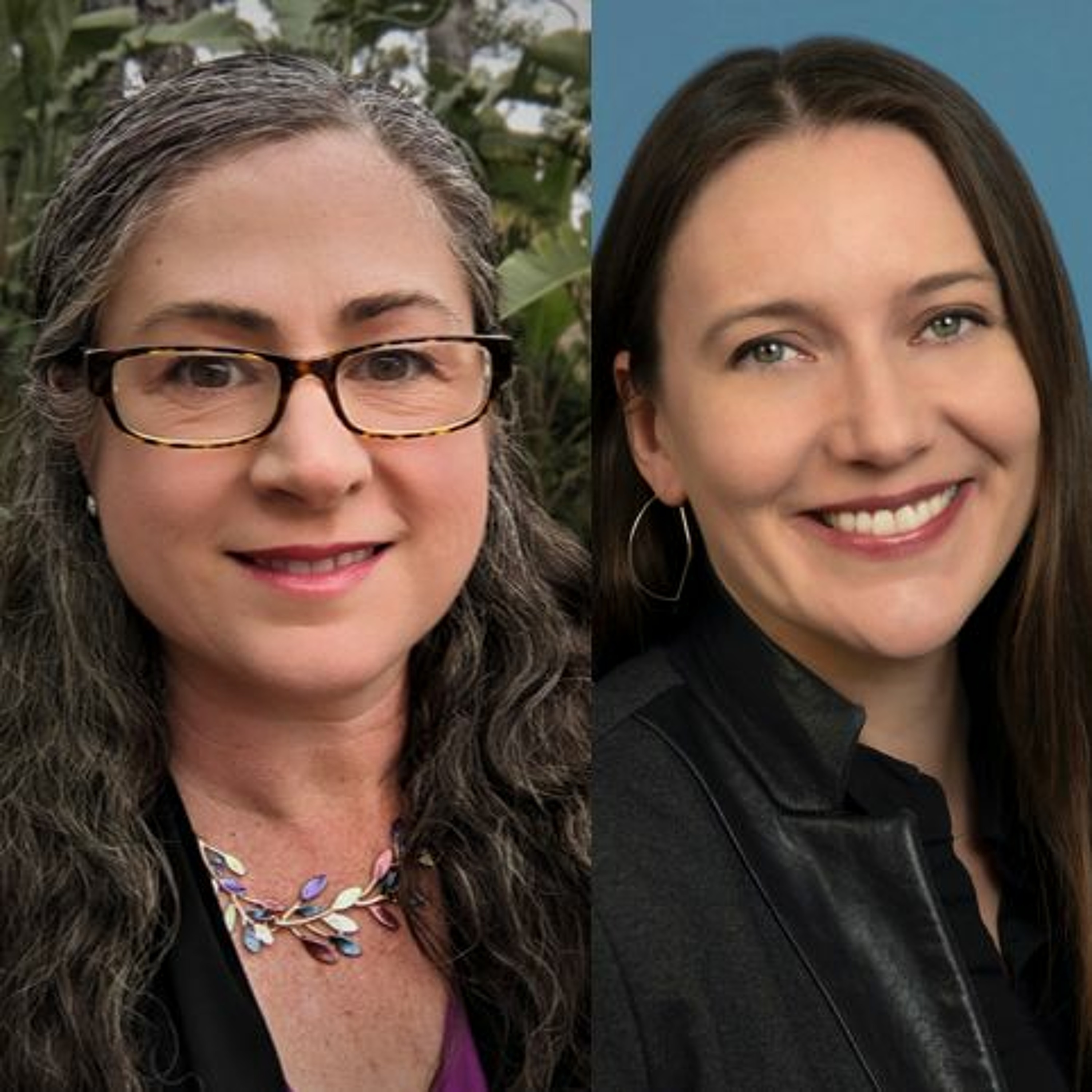Cancer-related cognitive impairment

People going through cancer treatment sometimes have cognitive changes such as trouble remembering, paying attention, or thinking clearly. Drs. Judith Carroll and Kathleen Van Dyk are clinician scientists who help patients with cancer-related cognitive impairment and conduct research into what causes it, how to identify patients at risk for it, and how to reverse its effects. Judith Carroll, PhD, is Associate Professor in the Department of Psychiatry and Biobehavioral Science at the Jane and Terry Semel Institute for Neuroscience and Human Behavior at UCLA, and she’s the term Endowed Chair of the George F. Solomon Professorship in Psychobiology at UCLA. She’s also a Member of the Cousins Center for Psychoneuroimmunology. She received American Cancer Society funding to support her research on “Biobehavioral Vulnerability to Accelerated Aging In Breast Cancer Survivors” from 2016-2020. Kathleen Van Dyk, PhD, is Assistant Professor in the Department of Psychiatry and Biobehavioral Science at the Jane and Terry Semel Institute for Neuroscience and Human Behavior at UCLA, and she’s a practicing neuropsychologist. She was an American Cancer Society postdoctoral fellow, studying “Cognitive Decline in Breast Cancer Survivors,” from 2017-2019. INCIDENCE AND NATURE OF THE PROBLEM 2:09 – What is “cancer-related cognitive impairment?” Is it the same as “chemo brain?” 3:12 – How common is it? 4:41 – What kind of symptoms does it produce? CONTRIBUTING FACTORS AND MECHANISMS 6:54 – Is cancer-related cognitive impairment a side effect of cancer? Is it caused by certain treatments? 12:11 – How has COVID impacted cognitive impairment among breast cancer survivors? 14:22 – On the biology of aging and how cancer could accelerate the aging process TREATMENT 17:48 – Is cancer-related cognitive impairment reversible? 22:04 – On the exciting potential of sleep interventions 23:54 – Understanding the effects of endocrine therapies on brain function CLOSING THOUGHTS 25:42 – How ACS funding has impacted their career and research 29:40 – A message they’d like to share with cancer patients, survivors, and caregivers who are concerned about cancer-related cognitive impairment